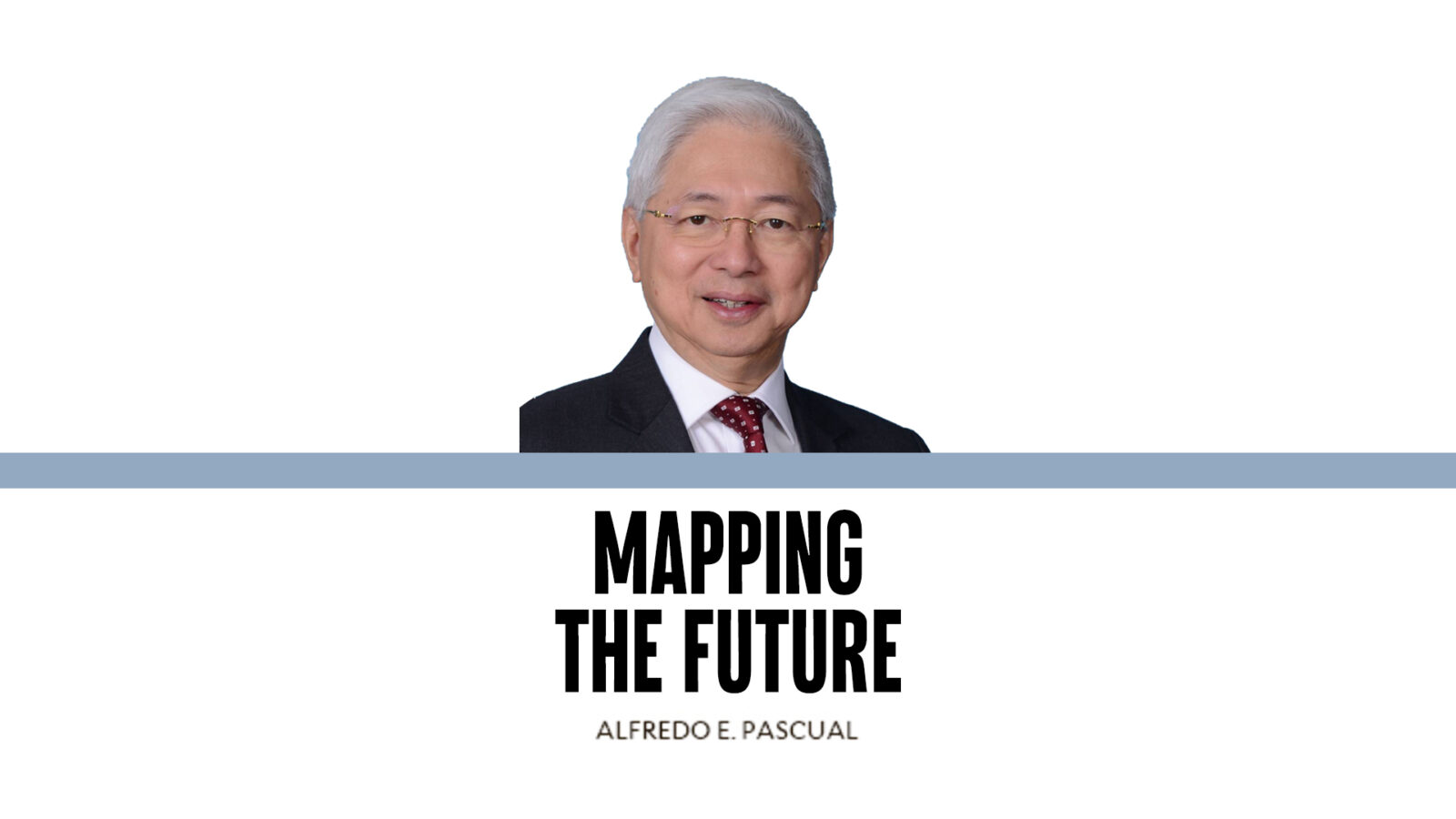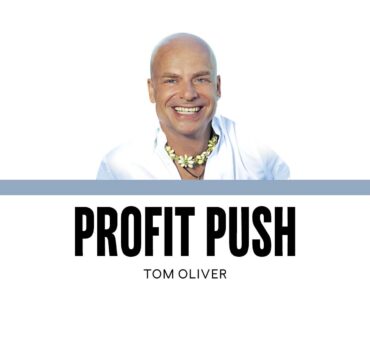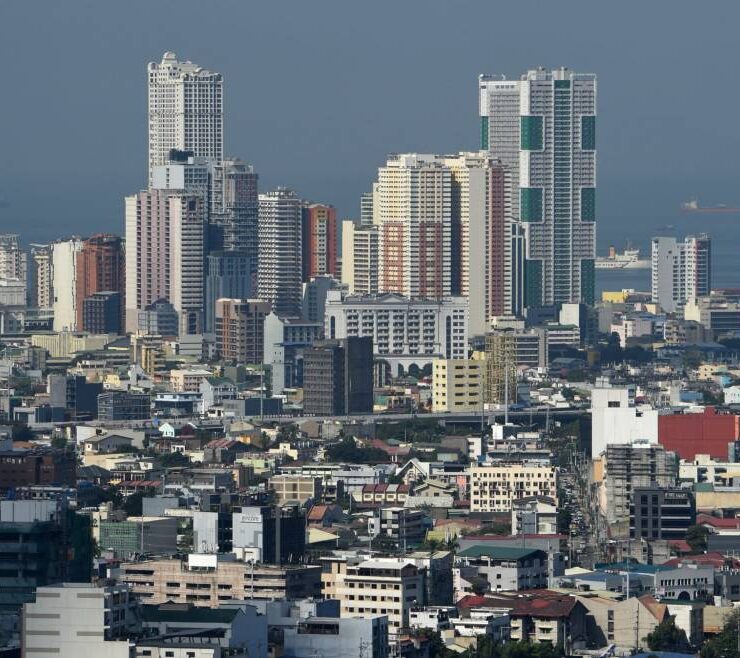Curbing corruption to sustain growth: A call for systemic reform to unlock the Philippines’ full potential

In the Philippines, corruption does not operate in the margins—it is often intertwined with routine governance. It can surface in various areas, including public procurement, infrastructure projects, regulatory approvals, tax collection, law enforcement, election campaigns and public service delivery.
Its presence distorts incentives, erodes government revenues and diverts public resources away from their intended purpose. For decades, corruption has been spotlighted, condemned and subjected to recurring campaigns, yet it continues to persist.
Breaking the cycle requires moving beyond the assumption that it is merely the result of individual misconduct. Corruption often reflects deeper structural dynamics that are reinforced—not disrupted—by existing systems.
Why corruption persists
Corruption doesn’t persist solely due to personal greed.
It’s systemic—sustained by weak enforcement, entrenched patronage and social and economic inequality.
- Selective enforcement: Laws exist, but the consequences of violation are rare for those with influence or connections. Impunity breeds repetition.
- Political patronage: Public office often serves as a platform for personal or political advantage, reinforcing cycles of dependence and loyalty.
- Fragile institutions: Regulatory agencies, audit bodies and the judiciary often lack the independence and resources needed to fulfill their mandates effectively.
- Poverty and inequality: For many citizens, informal payments are a survival strategy—often the only path to accessing services in an overburdened system.
- Layered on top of this is a bureaucracy that’s frequently complex and opaque, turning shortcuts and unofficial channels into a normalized method of getting things done.
The hidden costs
Corruption’s damage is both visible and invisible. It undermines infrastructure quality, inflates costs and delays delivery of essential services. It discourages honest investors, skews public spending toward projects with high kickback potential and widens inequality by limiting access to opportunities and basic needs.
Beyond economics, corruption erodes public trust. It fuels disillusionment, weakens civic engagement and reinforces the idea that the system works only for the few.
False functions, real damage
Part of corruption’s persistence lies in its perceived functionality. In a system that often struggles to deliver, corruption becomes a workaround. It moves papers, speeds up transactions, funds campaigns and stabilizes political networks.
But these are illusory efficiencies. Corruption doesn’t repair broken systems—it replaces them with worse ones. It creates the impression of action while deepening dysfunction. It institutionalizes inequality and reinforces cynicism.
Reform is hard—but not impossible
Corruption might seem entrenched, but it is not unmovable. Other developing countries have turned the tide with systemic reform and sustained public will. The Philippines can, too—if it takes bold, coordinated action:
- Digitalize processes end-to-end: E-governance reduces discretion and opacity. Automating procurement, licensing and public service delivery curbs opportunities for abuse while increasing efficiency. The ongoing deployment of the eGovPH app is a welcome move in this direction.
- Strengthen oversight institutions: The Commission on Audit, the Office of the Ombudsman and the judiciary must be genuinely independent, well-resourced and professionally staffed. Whistleblower protection must be enforced, not just promised.
- Break the dynasty-patronage cycle: Campaign finance reform and the long-pending Anti-Political Dynasty Law are critical. Political monopolies often sustain corruption and weaken competition.
- Make transparency nonnegotiable: Asset declarations, procurement data and government spending should be published in real time and accessible formats. The long-overdue Freedom of Information bill must finally become law.
- Demand accountability in the private sector: Businesses must commit to integrity, not just in compliance but in culture. Integrity pacts, audits and blacklisting of erring firms should become standard practice. Industry leaders should set the tone and lead by example.
A business imperative
Corruption is not just a political issue—it is a direct business risk. It distorts markets, penalizes merit and increases transaction costs. It discourages innovation and deters investment, local and foreign.
Startups and small and medium enterprises, in particular, bear the brunt of a system that rewards connections over capability. If our economic growth is to be sustainable and inclusive, then the private sector must confront corruption as the barrier it is— not as a cost of doing business, but as a threat to progress.
A national reckoning—not just another campaign
The fight against corruption cannot succeed with slogans, token prosecutions or reactive policies. It requires a national reckoning: an acknowledgment that systems must be redesigned, incentives realigned and accountability normalized.
The business community plays a crucial role. Its voice carries weight and its practices influence culture. For reform to take hold, integrity must be a collective standard, not a personal virtue.
Call to action: The real cost of doing nothing
There is no neutral ground in a corruption-laden system. Either we challenge it, or we enable it—by silence, by inaction or by compromise.
The most dangerous thing about corruption is not just its existence, but its acceptance. When people shrug and say, “Ganyan talaga” (That’s the way it is), the corrupt system wins. And the country loses.
Until we change that mindset and demand better—from institutions, from leaders and from ourselves—corruption will remain not just a problem, but a way of life that keeps the Philippines from becoming the nation it could be.
The author is former president of Management Association of the Philippines, former president of University of the Philippines and former secretary of Department of Trade and Industry. Feedback at map@map.org.ph and aepascual@gmail.com.





















Fighting corruption gradually